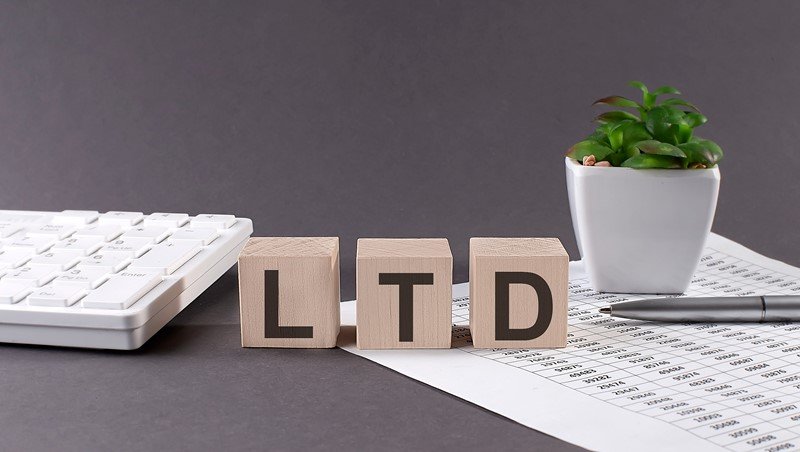A limited company is a company ‘limited by shares’ or ‘limited by guarantee’.
Limited by shares
This is the most common limited company structure. A limited by shares company is a separate legal entity owned by its shareholders and managed by its directors. In smaller limited companies, shareholders and directors are the same persons. Directors are employed by their company; they are not self-employed. Limited companies are required to pay Corporation Tax on their profits, not Income Tax.
Limited by shares companies are usually businesses that make a profit. This means the company:
- is legally separate from the people who run it;
- has separate finances from its shareholders personal ones;
- has shares and shareholders; and
- can keep any profits it makes after paying tax.
Limited by guarantee
In essence, a company limited by guarantee is a limited company with no shareholders. Instead, the persons who set up the company – its members – guarantee to pay a fixed amount into the company if required on the winding up of the company. Usually, these guarantees are for small amounts.
This type of company is typically used by not for profit organisations and charities rather than trading companies.
This means a limited by guarantee company:
- is legally separate from the people who run it;
- has separate finances from your personal ones;
- has guarantors and a ‘guaranteed amount’; and
- invests profits it makes back into the company. Profits are not distributed to the guarantors.




